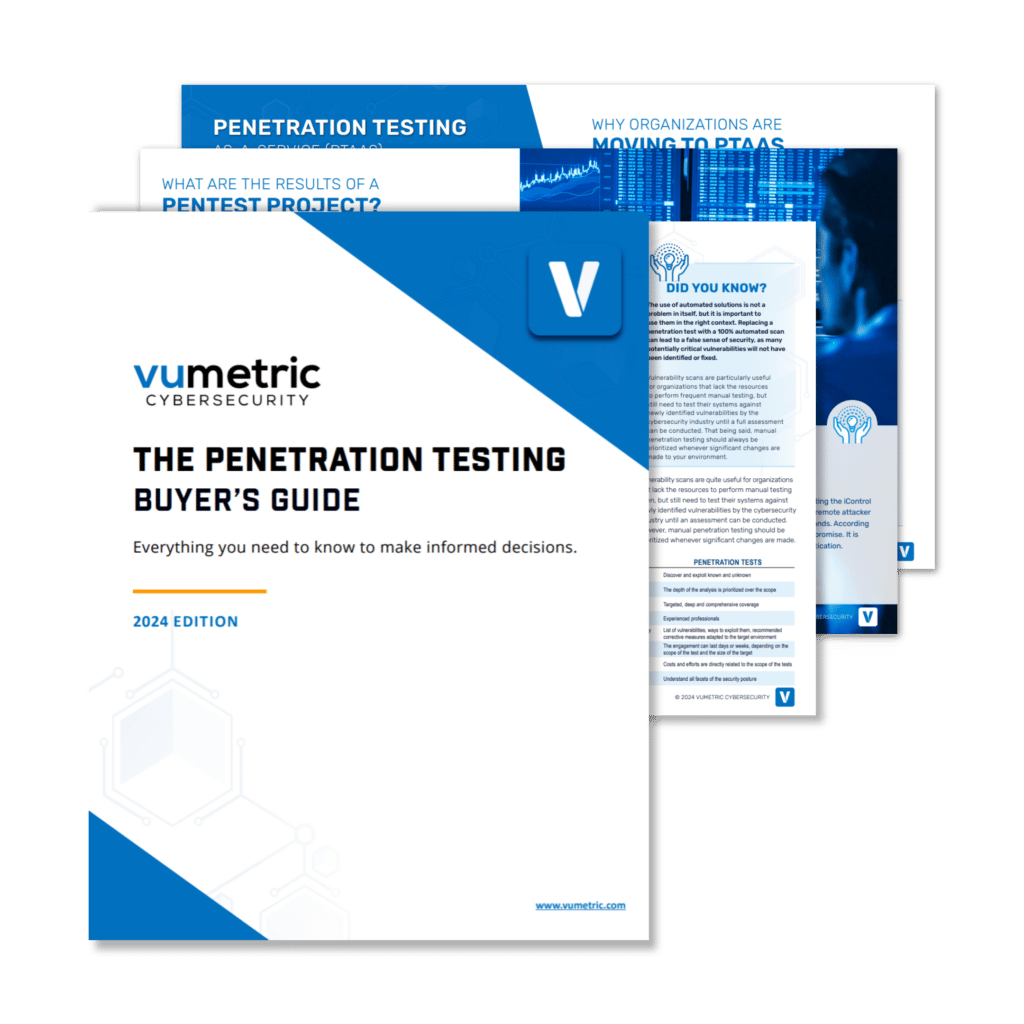In the world of cybersecurity, one of the most critical principles is the principle of least privilege. This principle refers to the idea that users should only have access to the resources and information necessary for them to perform their job functions. In other words, users should be granted the minimum level of access required to do their work effectively.
While this may seem like a simple concept, it is essential for protecting sensitive data and preventing cyber attacks. In this article, we will explore what exactly the principle of least privilege entails and why it matters in today’s cybersecurity landscape.
What Is The Principle Of Least Privilege?
The principle of least privilege (POLP) is a security concept that limits user access rights to only those necessary for them to perform their job functions. This means that each user or process on a system should have only enough privileges needed to complete its tasks successfully.
For example, suppose an employee needs access to certain files or applications as part of their job responsibilities. In that case, they would be granted permission only for those specific resources rather than being given full administrative privileges across all systems.
By limiting user permissions in this way, organizations can reduce potential security risks significantly. If an attacker gains unauthorized access through one account with elevated privileges, they could potentially compromise an entire system or network.
Why Does The Principle Of Least Privilege Matter?
The POLP is crucial because it helps prevent unauthorized access and reduces potential damage from cyber attacks. By limiting user permissions based on need-to-know basis organizations can minimize exposure points where attackers could exploit vulnerabilities within systems or networks.
Additionally, implementing POLP can help organizations comply with various regulatory requirements such as HIPAA (Health Insurance Portability and Accountability Act), PCI DSS (Payment Card Industry Data Security Standard), and GDPR (General Data Protection Regulation).
Examples Of POLP In Action
There are many examples of how the principle of least privilege is applied in various industries. Here are a few:
- In healthcare, doctors and nurses have access to patient records only for the patients they are treating.
- In finance, employees who handle sensitive financial information have limited access to that data.
- In government agencies, employees with security clearance can only access classified information relevant to their job duties.
Implementing POLP In Your Organization
To implement the principle of least privilege in your organization, you should start by conducting a thorough audit of user permissions across all systems and applications. This will help identify any unnecessary privileges that could be revoked.
Next, establish policies and procedures for granting permissions based on need-to-know basis. This includes defining roles and responsibilities within your organization so that users only have access to resources necessary for their job functions.
Finally, regularly review user permissions to ensure they remain appropriate over time. As employees change roles or leave the company altogether, it’s essential to revoke any unnecessary privileges promptly.
Conclusion
The principle of least privilege is a fundamental concept in cybersecurity that helps protect organizations from potential cyber attacks. By limiting user permissions based on need-to-know basis organizations can minimize exposure points where attackers could exploit vulnerabilities within systems or networks.
Implementing POLP requires careful planning and ongoing maintenance but is well worth the effort in terms of increased security posture and regulatory compliance. Remember always; less is more when it comes to granting user privileges!





